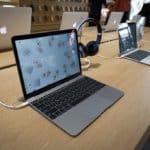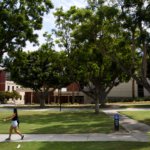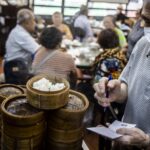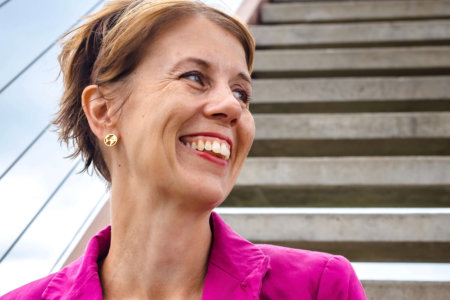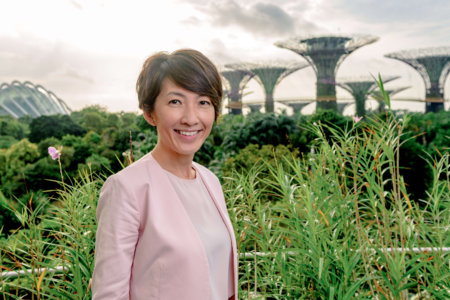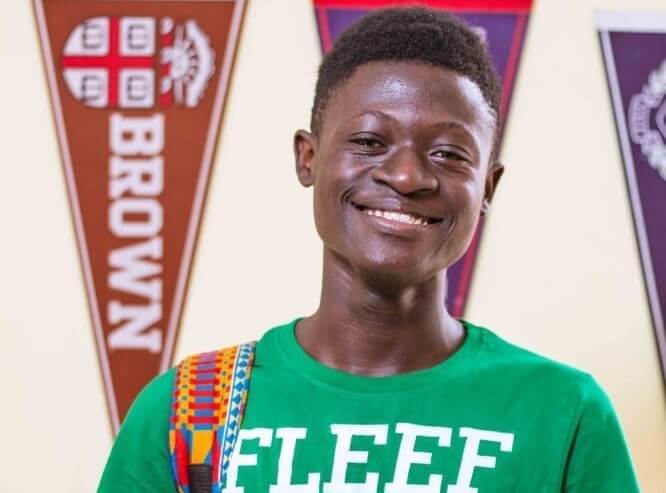
The Karsh International Scholars Programme is a merit-based full scholarship for international students at Duke University. Bright Aboah from Ghana, is one of the 13 first-year students to receive this award that will provide him eight semesters of full tuition, room and board along with mandatory fees for uni. In short, he’s hit the jackpot to study for free in at one of the top universities in one of the most dynamic countries in the world.
What’s more, the mechanical engineering major will also have access to generous funding for domestic and international summer experiences which includes independent research. We caught up with him to learn more about the scholarship, how he won it and his future plans:
What made you apply for the Karsh Scholarship? Walk us through the application process.
So, after getting admitted into Duke University and waiting for a long three months, I received an email saying I was selected for the Karsh International Scholarship. My heart skipped three beats because I never thought I’d be picked for any of the merit scholarships.
Along with my application, I had to write four essays which were so tedious but refreshing because I got to talk more about myself. After these essays I had to be interviewed by the Karsh Scholarship committee. I just loved the whole experience because I got to feel what it’s like to face many challenges and just let yourself lose to stand tall.
What made you choose to study mechanical engineering at Duke University in the US? Is there a personal backstory behind this?
I always told my mum I wanted to become an architect as a child because I thought it meant drawing the plan for the robots and machines. I wanted to draw and build them.
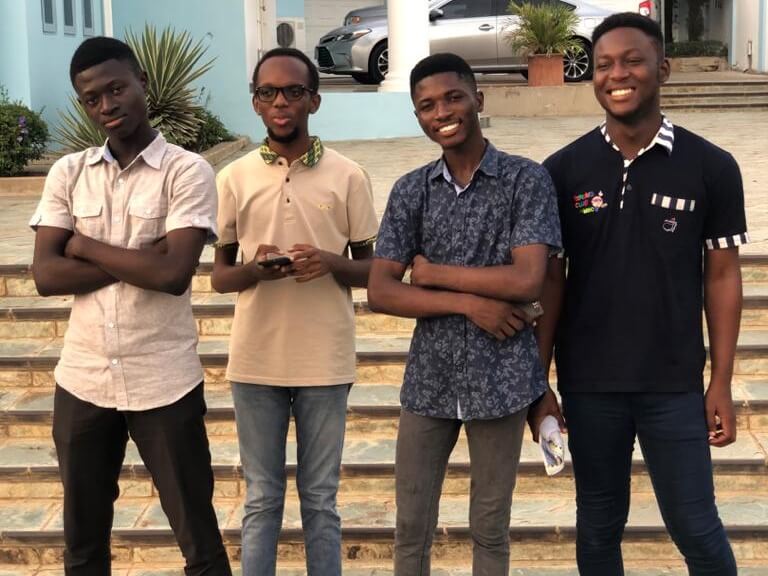
o further add, Aboah will also have access to generous funding for domestic and international summer experiences which includes independent research. Source: Bright Aboah
However, when I grew up, I realised I mistook engineering for architecture. I couldn’t hold back from laughing at how naïve I was. I wanted to build robots and machines to program and power them myself. Especially to improve Ghana and Africa’s technology.
The rickety buses, lack of novel air travels and many subpar technologies in Africa need to change. This, and numerous midnight researches made me stumble upon mechatronics. I want to be a mechatronics engineer so I can combine mechanical, electrical and computer engineering together.
What are you looking forward to most in the US?
I’m looking forward to being open and exploring all my interests, especially the extracurricular activities. There are many experiences I need to gain and too much fun I can’t afford to miss out on.
Tell us more about your hometown.
I come from Obuasi in the Ashanti Region of Ghana, where gold abounds — we have the biggest gold mine in the whole country. Also, it’s where one of my favourite foods “Fufu” (cassava and plantain mix) comes from. I’ve stayed in Accra for most of my life but there’s still one thing I’ll always not forget — my memorable three years of junior high school.
What’s the local food like? Tell us your most and least favourite local food.
In the morning you have a mix of “kooko” (spicy Ghanian porridge) and “koose” (spicy bean cakes) with groundnuts and milk. In the afternoon you get your Ghanian “jollof rice” (spiced rice) with “nkyenam” (fried fish) and egg.
For dinner you have a combination of “banku” (fermented corn and cassava dough) with “okro stew” (made with okra) and poached salmon. My favourite local food is banku and okro stew with poached salmon (I like fish a lot). Although I love most foods I’m not a fan of boiled yam with soup or “mpotompoto” (yam cooked in broth).
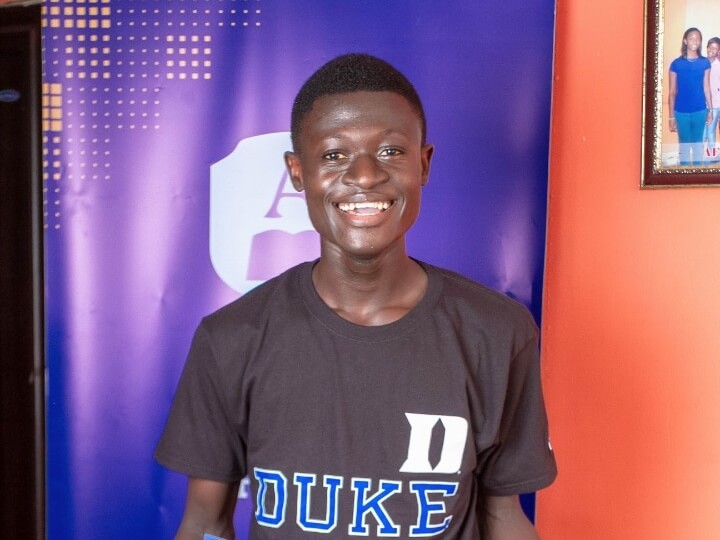
“I always told my mum I wanted to become an architect as a child because I thought it meant drawing the plan for the robots and machines. I wanted to draw and build them,” he says. Source: Bright Aboah
What is one thing from home you think you’ll miss when you’re at Duke University and how do you plan to substitute it?
I’ll miss my mum, brother and two sisters. We’re like an unbreakable team. I don’t know how I’m going to substitute them but I just want them to see how I’m doing through photos I’ll send and through video calls.
What’s the one thing from the US you’re planning to bring back to your friends and family back home?
Hands-on education. In Ghana, we lack materials for practicals so students tend to cram learning from books without trying out anything they learnt. This is really harming many students so I’d love to bring on the hands-on education mentality to my friends in Ghana through engaging projects and initiatives.
What advice do you have for international students looking to study abroad and apply for scholarships?
International students hoping to apply to schools abroad should never give up on their goals no matter how difficult things turn out to be. Also, when they do get admitted, they should never forget their roots and try as much as possible to help their home countries after they’ve acquired all the skills they need.





